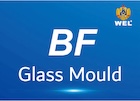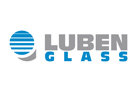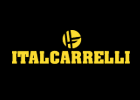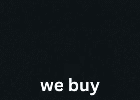On 20 March 2024, Glass for Europe held its annual General Assembly in Brussels, bringing together senior executives and committee chairs from EU-based float manufacturers.
This year’s General Assembly was marked by the welcome of a new member. Şişecam operates four float glass production lines in the EU, two in Italy and two in Bulgaria, and is a major global player in flat glass production. With this new member, Glass for Europe now represents around 90% of EU flat glass production in Europe, strengthening the association as the representative voice of the sector in Europe.
The General Assembly also saw the election of a new Chairperson and Vice-Chairperson of the Board of Glass for Europe. Davide Cappellino, Chairman of the Board and President of Architectural Glass of AGC Glass Europe, was elected Chair, succeeding Joana Arreguy of Saint-Gobain. Dr Christian Quenett of the NSG Group was elected Vice Chair of Glass for Europe. Mr Cappellino thanked all members for their confidence and underlined the importance of the work carried out in Glass for Europe to help the industry meet the many challenges of the times and navigate the increasingly complex implications and obligations arising from EU policies and legislation.
A special session of this General Assembly was dedicated to a discussion on the enormous technological and economic challenges associated with accelerating the reduction of CO2 emissions from flat glass production in order to follow the EU’s path towards climate neutrality. The fruitful exchange led to a reaffirmation of Glass for Europe’s vision ‘2050 I Flat Glass in a Climate Neutral Europe’ and the sector’s ambition to maximise its contributions to the EU’s climate neutrality target. Due to today’s economic, geopolitical and technological realities, the realisation of this vision requires the development of a comprehensive and supportive industrial policy. ‘Products that are essential to the EU’s path to climate neutrality, such as flat glass, must continue to be produced in Europe in a sustainable and affordable way. The EU needs to create the right industrial conditions to achieve its climate neutrality goal, as the difficulties to be overcome remain tentacular’, explains Davide Cappellino.
To enable the necessary sustainable transformation, Glass for Europe has developed a policy manifesto for 2024-2029, which sets out concrete policy proposals for EU policymakers to consider. Advocating for these policies will be a priority for Glass for Europe in the coming months.



























